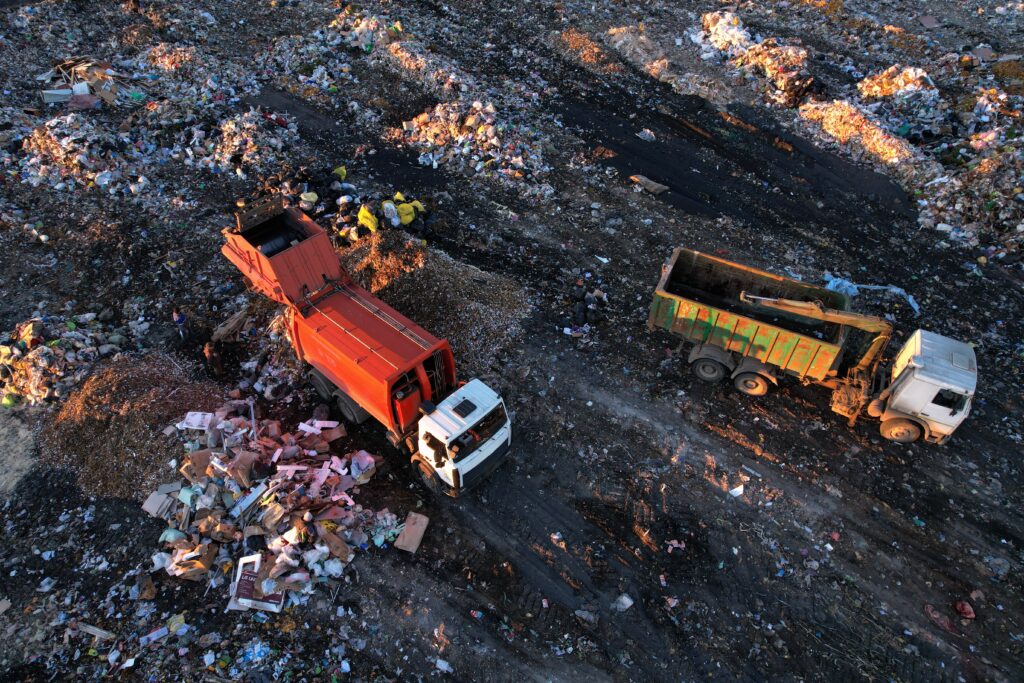A survey of recycling staff carried out by work-related qualifications body City and Guilds found that nine out of 10 recycling operatives felt they needed proper training to do their job more effectively.
” The recycling industry needs to ensure that its staff are engaged and motivated and have the relevant skills. “
– Lynne Oliver, City & Guilds
A third of surveyed staff believed it would improve the amount of waste recycled if they did receive training.
The study was carried out as part of a drive to encourage more local authorities and businesses to take up recycling training programmes prior to the launch of a new set of recycling NVQ qualifications on July 1.
The survey claimed that 53% of recyclable material that staff felt they could not sufficiently identify or separate ends up going straight to landfill.
Lynne Oliver, waste recycling expert at City and Guilds, said: “The recycling industry needs to ensure that its staff are engaged and motivated and have the relevant skills to do their job to the best of their ability.
“Our research has found that nearly one in five operatives feel they have no clear career path. This is something we want to change – we understand the importance of giving an employee direction and ambition in their career.”
Qualifications
City and Guilds has developed an NVQ level 1 and 2 in Recycling Operations, designed to help the workforce gain the skills needed to undertake their occupations efficiently.
It includes four “pathways” – segregation, collection/transfer, receipt/reception and processing. Core units cover health and safety issues, personal performance, environmental good practice and working relationships.
Richard Johnson, strategy development manager at EU skills, said: “These qualifications will also clearly define the opportunities for employees to progress within their chosen occupation, which in turn may act as a mechanism to encourage individuals to enter the recycling industry as a viable career option.”
Public
A further 32% of surveyed operatives felt they were not helped by the public being provided with insufficient information about how to recycle. About 88% of those surveyed cited non-recyclable waste being put in recycling bins as a key problem.
| Related links: |
The survey concluded that by not preparing materials correctly before recycling and not sorting materials correctly, householders were limiting the amount of material being collected by up to 10%.
Ms Oliver said: “Today, more than ever, we need a culture change towards recycling. Everyone – from local leaders and businesses to waste recycling staff and householders – needs to realise that they can make a huge contribution towards Britain's recycling and environmental efforts.”







Subscribe for free